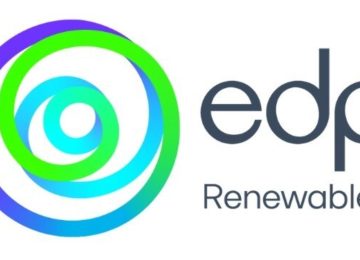The CFA Institute, NSE, and CFA Society India have released the first edition of their Business Responsibility and Sustainability Reporting (BRSR) Data Assessment, revealing significant trends and gaps in ESG reporting.
The BRSR framework, which was first introduced by the Securities and Exchange Board of India (SEBI) in 2021 and revised in 2023, requires the top 1,000 listed companies to reveal important ESG factors. The CFA Institute, the National Stock Exchange, and CFA Society India worked together to examine the BRSR reports from 300 of the Top 1000 companies for FY23 and the previous year in order to comprehend the current status of sustainability disclosures and pinpoint areas that require improvement.
Among their analysis’s main conclusions are:
Sustainability: Over 75% of companies have adopted sustainable sourcing practices, with 230 out of 300 reporting established procedures for it. More than half the companies don’t report R&D investments in specific technologies to improve the environmental and social impacts. Having said that, the analysts observed that the number of companies reporting this has increased in FY23 from FY22 (to 148 from 141).
40% of companies don’t report capital expenditure in specific technologies to improve the environmental and social impacts. The researchers noted that the number of companies reporting this number has increased in FY23 from FY22 (to 180 from 169).
Environmental Protection and Restoration: Over 96% of companies (289) reported their energy consumption in FY23, up from 286 in FY22. Energy intensity data revealed that companies used 13% less energy per unit of revenue in FY23 compared to FY22. 94% (282 companies) reported their scope 1 and scope 2 emissions data in FY23 and this number has increased marginally from FY22 (281 companies).
As per the emission intensity data, the companies emitted 14% less CO2e for the same unit of revenue generation, in FY23 vs. FY22. Less than 40% companies (110 out of 300) reported Scope 3 emissions in FY23, but this number has increased from FY22 (93 companies). The emission intensity data also revealed that the companies are emitting 25% less CO2e for the same revenue, in FY23 vs. FY22.
Workforce Disclosures: Employee turnover rose from approximately 16% in FY21 to around 22% in FY23, reflecting a steady increase following the COVID-19 pandemic. In contrast, worker turnover remained relatively stable, with only a marginal increase from 7-8% in
FY21 to 8-9% in FY23.
Less than 0.5% of employees are differently abled, vis-à-vis official data showing that 2.2% of India’s population is differently abled.
Leaders’ note:
Dr. Tirthankar Patnaik, Chief Economist, NSE, said, “NSE is committed to fostering a sustainable and responsible business ecosystem. By providing stakeholders with access to reliable BRSR data and actionable insights, we aim to drive positive change and contribute to a more sustainable future. Investors are increasingly recognizing the importance of ESG factors beyond financial returns. As a result, there is a growing demand for greater transparency and accountability from companies regarding their sustainability practices. This report, a collaborative effort, provides valuable insights to help companies adopt ESG reporting that aligns with global standards. NSE is committed to fostering a sustainable and responsible business ecosystem.”
“… The findings from the BRSR data offer a valuable reflection of how Indian companies are addressing sustainability and responsibility. It is vital for Indian companies to not only meet compliance but also lead by example in creating a more inclusive and sustainable corporate landscape.” said Rajesh Sehgal, CFA, Chairperson, CFA Society India.
Arati Porwal, Country Head, CFA Institute, said, “… This research offers a vital benchmark for companies to evaluate their progress on ESG benchmarks and pinpoint areas for improvement. By understanding these trends, businesses and investors can make informed decisions, promoting a more sustainable and resilient economy. Through this analysis, we aim to support more transparency and accountability in ESG reporting.”










